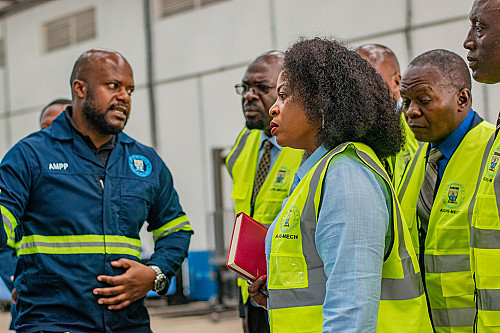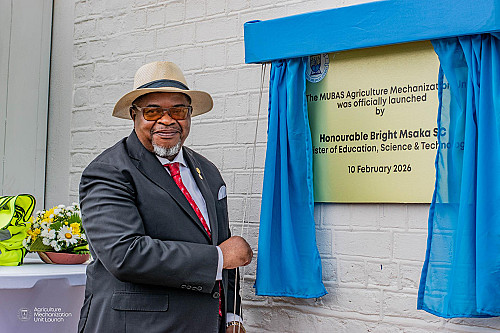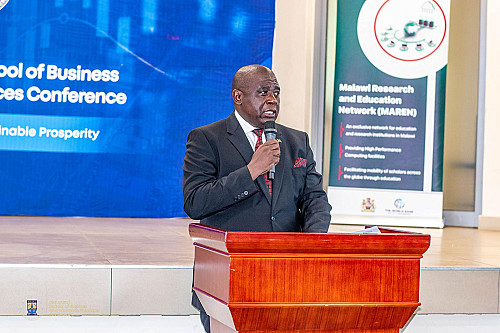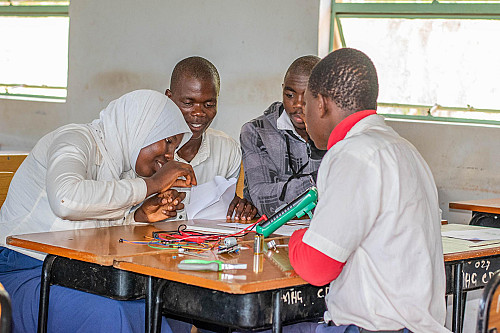Master of Science in Sanitation
Programme Summary
The Malawi University of Business and Applied Sciences (MUBAS), School of Science and Technology offers an internationally recognized Master of Sciences in Sanitation. The MSc in Sanitation is part of the Global Sanitation under the auspices of the Global Sanitation Graduate School (GSGS) – IHE-Delft, The Netherlands (https://sanitationeducation.org/). The GSGS programme is supported by Bill and Melinda Gates Foundation. The programme is jointly implemented by the Department of Physics and Biochemical Sciences and Department of Environmental Health. MUBAS, through the School of Science and Technology, has implemented this programme in partnership with Mzuzu University (MZUNI) and University of Livingstonia (UNILIA) as a local consortium.
The programme comprises a one-year taught course work split into two semesters, and a research component in second year. The candidates will do research in the areas within the field of sanitation.
The Programme’s Goal, Aim and Objectives
The goal of the MSc in Sanitation is to support Malawi’s and regional efforts to improve public health through sustainable clean water and sanitation services. This will be achieved by educating the students to possess both the fundamental understanding as well as knowledge and skills necessary for creating impact ‘on the ground’.
To this end, the programme aims to equip students with innovative skills to apply existing knowledge and theory in practice, and contribute to the development of knowledge in sanitation.
The specific objectives of this programme are to:
- Equip the students with knowledge in sanitation, which is applicable to Malawi, the region and world over;
- Provide the students with knowledge on any other related issues (like social and cultural issues) which may have a direct impact on sanitation and public health; and,
- Develop a spirit of innovativeness and sustainability consciousness in the students so as to enable them deal with emerging sanitation issues.
The aim and objectives will be achieved through lectures, case studies and lessons (exchange) from the Global Sanitation Graduate School’s MSc programmes implemented in various developing countries and IHE-Delft in The Netherlands.
Mode of Delivery
The postgraduate programme is offered on a fulltime semesterised system and on block release bases. The programme is taught in English.
Admission requirements
Applicants must have a relevant Bachelor’s degree in pure, natural or applied sciences from an accredited institution of higher learning.
Multiple Exits
The programme has three exits: postgraduate University Certificate, Postgraduate Diploma and MSc depending on completion of modules and dissertation.
Fees structure
The MSc in Sanitation is a two-year program (four semesters). Tuition fees for students from SADC countries are US$1,625.00 per semester, while students from non-SADC countries pay US$1,875.00 per semester.
Cost of Living
Information for cost of living is available from the Postgraduate Dean’s office.
Scholarships/ Funding opportunities
Partial scholarship may be available to selected candidates depending on circumstances. This will usually be intimated in the call for applications. Candidates may also find part time opportunities within the city or the university to support their daily living expenses.
Intake
Submission of applications is open throughout the year. However, intake is in April and September. Candidates can download or request applications forms in advance and submit the same ahead of the advert. Submission should be done at most in December for April intake and June for September in take. However, the call for applications may stipulate the actual closing date for each intake.
